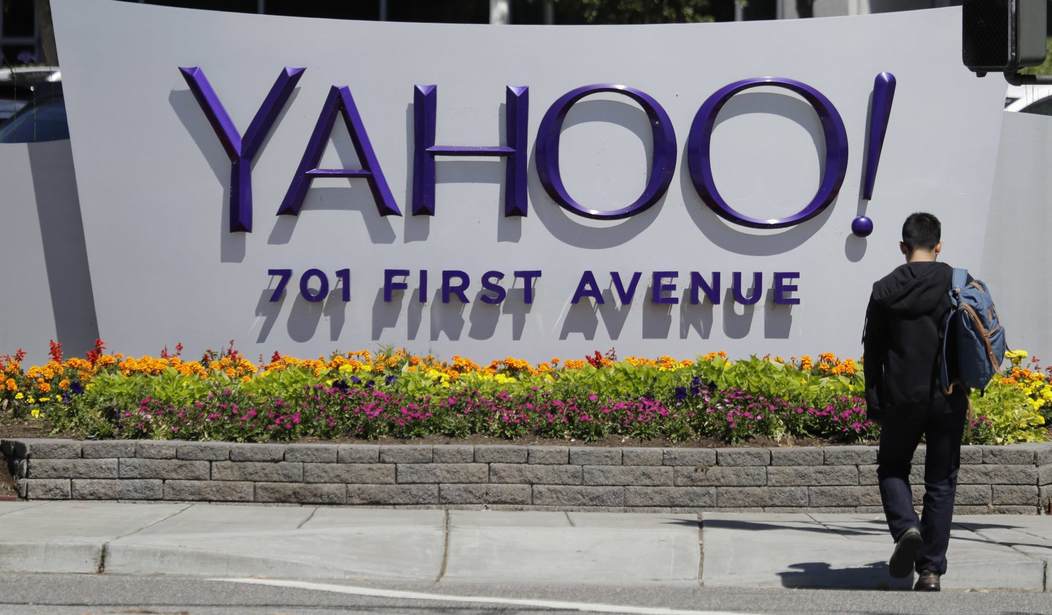It’s not only Facebook and Google that want all your data. In one of the most far-reaching attacks on personal privacy, Oath, the new name of Verizon’s online content subsidiary, is now requiring users of Yahoo and AOL to consent to allow access to their personal data.
This includes Oath’s right to view and analyze every email sent or received on Yahoo! and AOL emails, attachments, videos, images, even location information. This is one of the consequences of the FCC removing the telecommunication companies from the Net Neutrality laws and allowing them to be treated as Internet companies, rather than like regulated phone service companies. They also added this policy that allows them access to your banking information:
![]()
Additionally, Oath’s new terms of service that are now being sent out and messages are appearing on users’ screens saying that all of this data can be shared within their entire organization, including Verizon and its affiliates, as well as more than 100 other third-party companies that include advertisers, app developers, and analytics companies.
Their new policy goes further if you can believe that. It prohibits their customers from suing as part of a class action lawsuit. The new terms of services from Oath state:
You understand that by agreeing to these terms, arbitration or a small claims action will be the sole and exclusive means of resolving any dispute between us. You also understand that by agreeing to these terms, you and Oath are giving up the right to bring a claim in court or in front of a jury (except for matters that may be brought in small claims court), and that you and Oath are giving up the right to proceed with any class action or other representative action.
Oath arbitrations will be handled by the American Arbitration Association. Collective arbitration will not be allowed, which means each user will have to make their case against Verizon/Oath’s top lawyers and hope to win. In some cases, companies are not allowed to force users into arbitration. Therefore, Oath also says in its ToS that if the dispute proceeds in court, the users will agree that there will not be a jury trial–only a trial by court.
Yahoo suffered two huge data breaches within the last few years that are considered to be the largest in the history of the Internet. The company hid their revelation from the public for more than a year. There were two major data breaches of user account data to hackers during the second half of 2016. The first was reported in September 2016, but had occurred sometime in late 2014 and affected over 500 million Yahoo user accounts. The second breach occurred in August 2013, but was not reported until December 2016. That one affected three billion users. These breaches revealed users’ names, email addresses, telephone numbers, security questions and answers, dates of birth, and passwords.
With Verizon’s acquisition of Yahoo, rather than focusing on preventing more breaches, they are choosing to now access all of our data and share it with pretty much anyone, and if that results in our harm, they will prevent us from suing them in a class action. lawsuit.
Considering all that we do on our phones—accessing websites, using social media and making calls—Verizon wants to be there looking over our shoulder and selling our personal information to anyone who will pay. If you now have a Yahoo or AOL account, I recommend that you close your account. If you have a Verizon cellular account, start whispering on your calls. In all seriousness, we can see how quickly our loss of privacy is spreading. Each time we allow one company to get away with it, it motivates others to do even more. Everyone wants our data, everyone wants to know more and more about us, and, unfortunately, there’s little we can do about it.









Join the conversation as a VIP Member